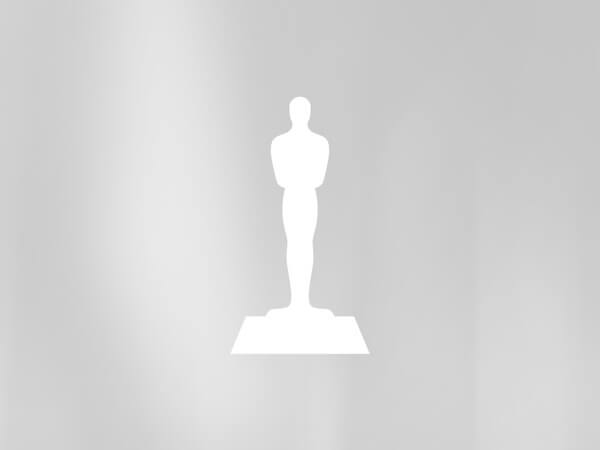Veteran film editor ("One Flew Over the Cuckoo's Nest," "Ali," "A River Runs Through It") Lynzee Klingman answered Ask Me Anything questions on reddit this week as part of our ongoing Academy Q&A series. Check out the highlights from her hour and a half long interview below.
Q: What sort of things can AE's do to really stand out?
A: The assistants I've worked with have become part of my family. So I need them to be pleasant, have a sense of humor and be very good at their jobs.
I worked on film for so long, and I was lucky enough when learning digital that when I asked questions about certain technical things they would say, "You don't need to know that." So, you see why I love them. All I know how to do in Avid is edit, a few effects, sound of course. But, I don't even now what they do.
Also, digital is so great for assistants to lern how to cut because they aren't cutting a work picture. There aren't splices. You can have different versions on the computer and just leave them there until they're ready to be seen and they're not going to interrupt my cut. I really like it when they do it. I change it of course, but they learn why. It's easier to teach people digitally because it's not as permanent as film.
Q: How did you get involved with "One Flew Over The Cuckoo's Nest"?
A. At that time I was only working on documentaries, commercials, industrials. I hadn't cut any fiction film, but after "Hearts and Minds" I wanted to.
On "Hearts and Minds, " the producer Bert Schneider insisted on hiring a sound editor - which scandalized me. I couldn't believe anyone would care about the film as much as I did. So, I didn't trust him. I had always done my own sound.
So, I cut my own sound for the mix and I went in with my 16 mm soundtracks and he had like 40-50 of 35mm magnetic sound that would combine and make the sound of B52s flying - while I had the real sound. Within 10 minutes I realized that he knew what he was doing. That was that. I surrendered. His next door neighbor was Michael Douglas (who was a producer on "Cuckoo's Nest"), who called and asked him for a good and cheap editor. I was so excited. Milos Forman was my favorite director. I loved the book. I loved everything about it. So, I worked cheap. BTW: I practically paid to work on the film!
Q: How do you best handle the relationship between Director and Editor when disagreements arise? I'm sure there have been times where a director feels one edit is best whilst you think a different option would be more approrpiate. Love your work!
A: I can be very nudgey, but ultimately it is the director's choice.
Q: Do you think editing has changed for the better?
What's happened over the years is that more people have come to be involved in the editing of a film. There are dailly more producers on a film, studio executives multiply geometrically, and they each want to be heard. And, sometimes battles begin and often the final cut becomes the protduct of whoever has the most power, often not the best version of the film.
Studio executives used to love making movies and knew how to do it and there weren't very many. We worked hard and often, of course, long hours, but that was usually from passion not pressure. Everything changed when corporations took over and also when the interest rates went way up. I think that was in the early '80s. They figured that it would be more economical to pay overtime and get the film out sooner. And, that's when the ridiculous schedules started happening. Also, a lot of MBAs became "Creative Vice Presidents" and suddenly became experts on aesthetics. I'm not saying everybody, of course.
Q: What's the one scene that was the hardest to edit in your career?
A: One thing that's hard to cut and, I would think to direct, are meals with lots of people around the table or group therapies - very tricky for everyone - maybe, especially for the script supervisor. I would rather not think about the scenes that were hard to cut because sometimes they were very simple scenes and they all looked ok - so who cares?
Q: What tricks, thoughts or rules do you have for yourself when you edit? And, how does that interact with your process?
A: The important thing is to remember that it is a process, and that I certainly don't feel satisfed until I feel it's the best film that could possibly be made from that footage. There's that famous quote about editing never being finished but merely interrupted, but the best feeling is to feel good about what you're letting go of. Maybe that's why we work such long hours.
When you're looking for, say, an alternate line reading, make sure really look at your dailies. Don't just look for that particular line. You will be seeing things with new eyes each time, and will discover new and wondrous moments you hadn't notice before because you weren't looking for them.
Know why you're cutting when you're making a cut. They should never be arbitrary: to safeguard performance, to move the story along, because the camera wobbled, because there's a magic moment on the other actor, stuff like that; there should be a reason.
Never let the sound drop out.


